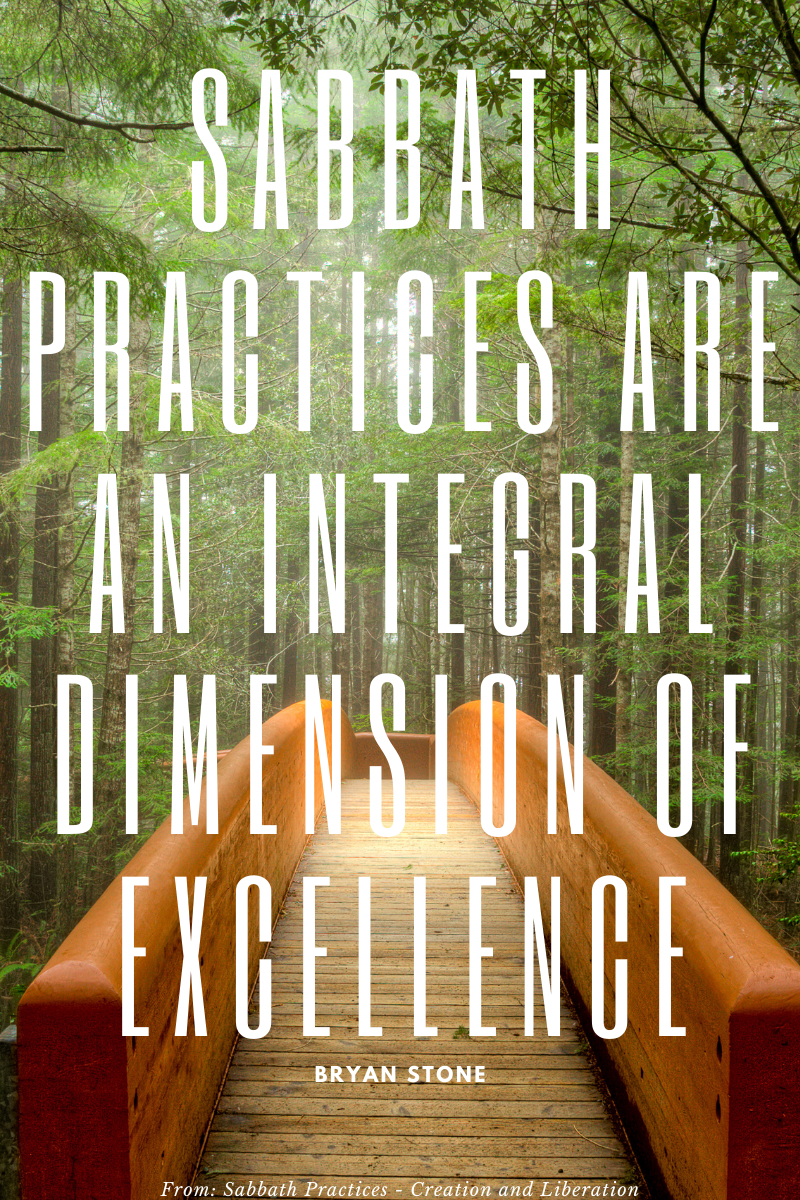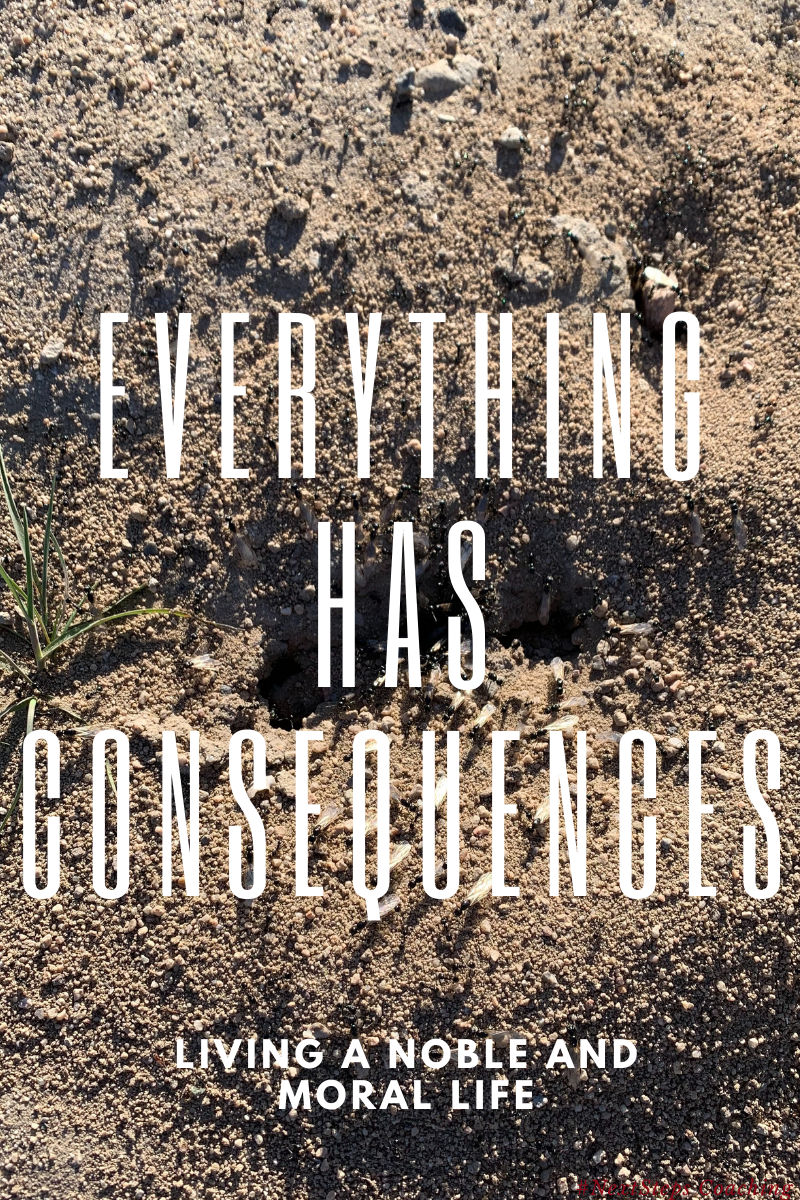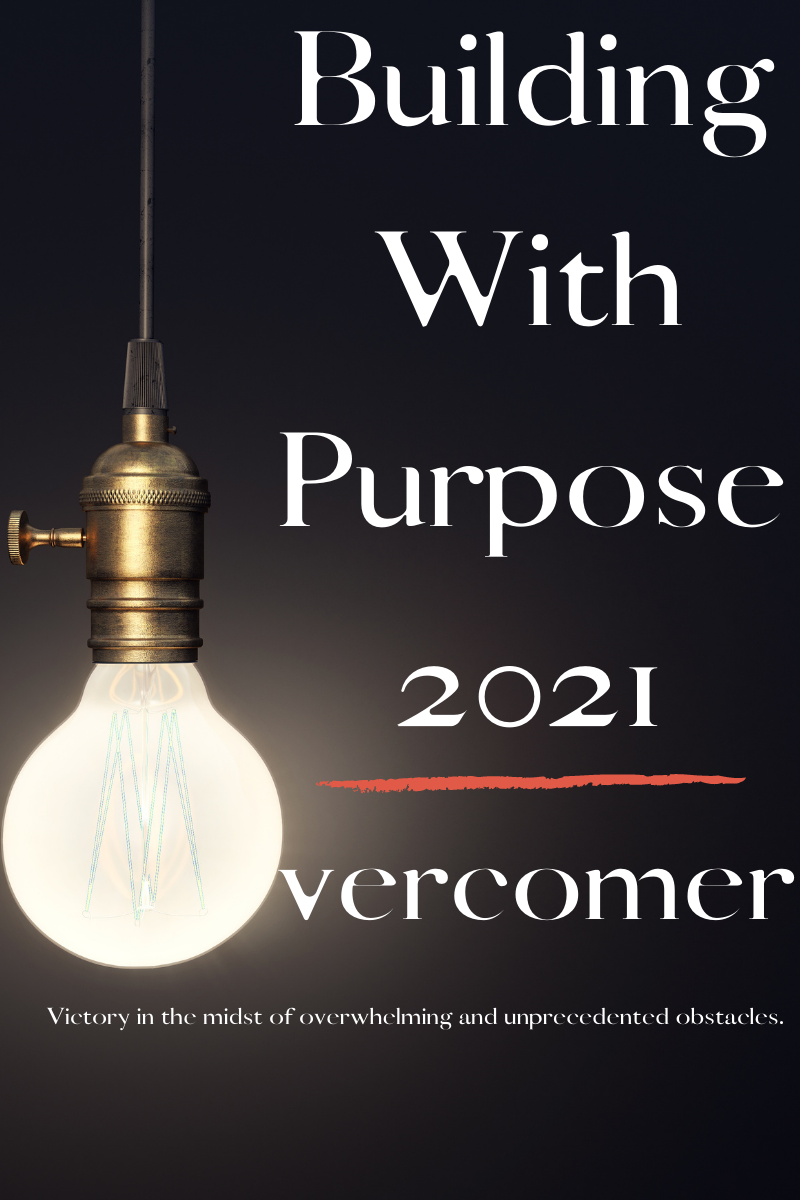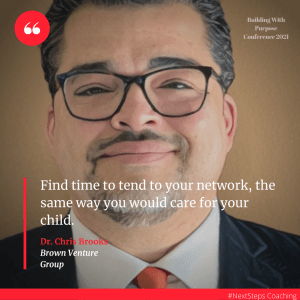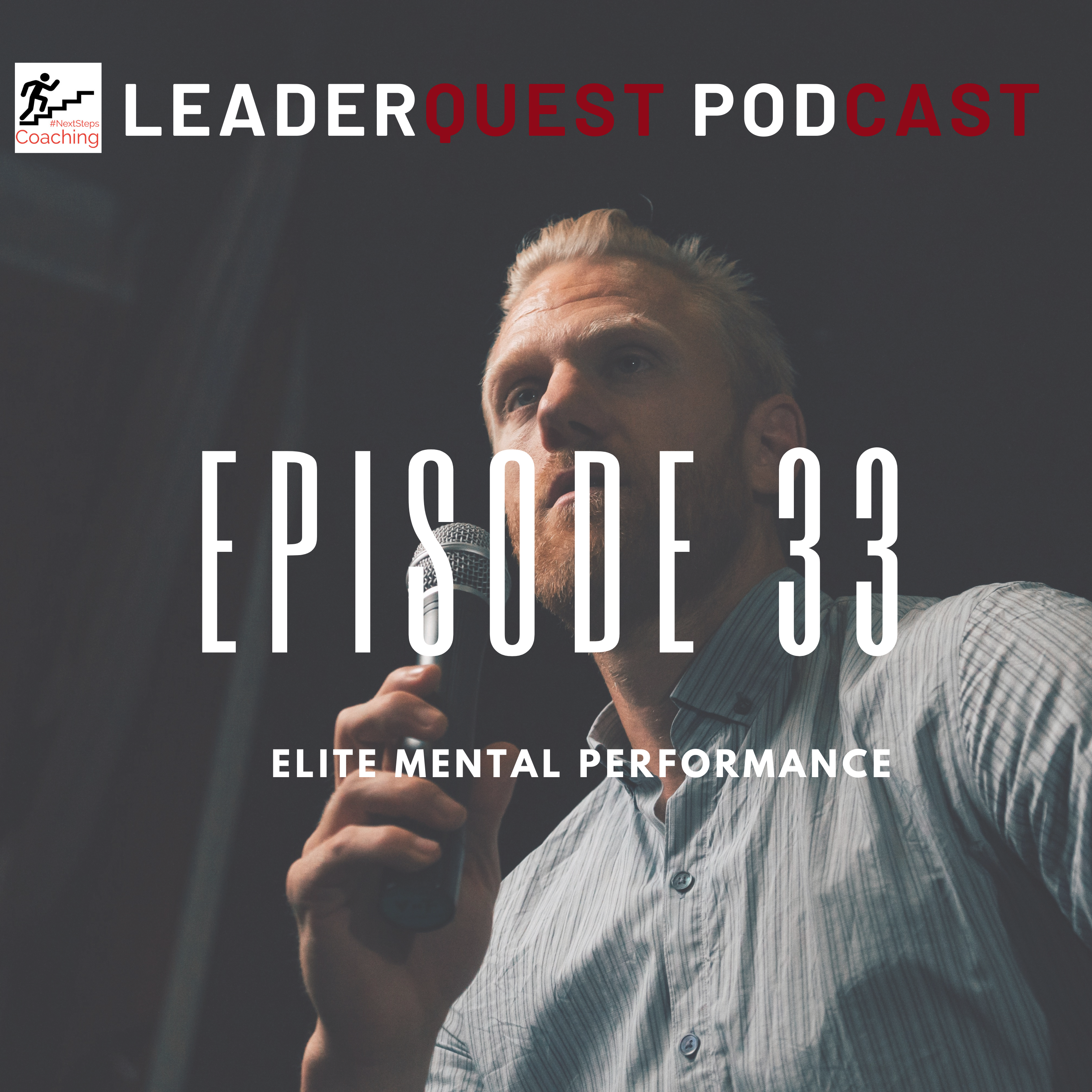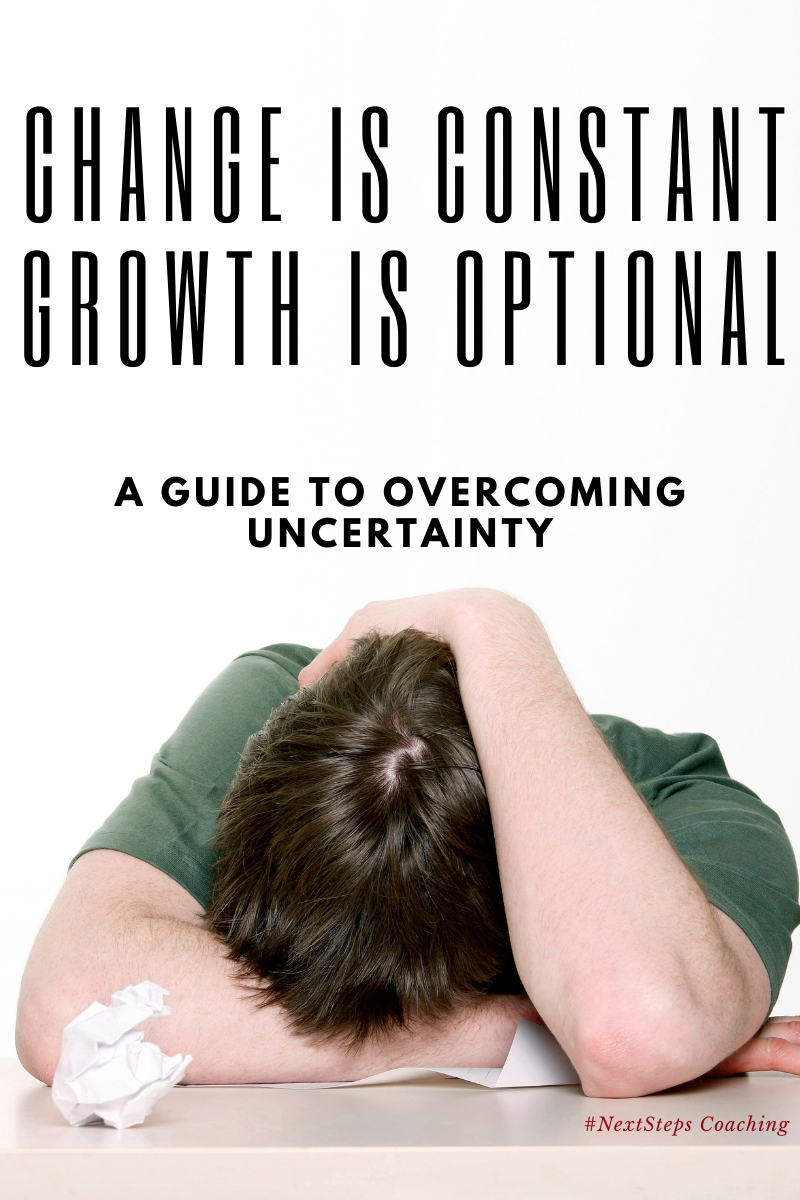
One of the major lessons I’ve been reminded of these last 18 months is that change is constant, while growth is optional.
The unrelenting pace of life can seem overwhelming at times. Late in 2019, things were looking good for many of us. The business sector was strong, plans were in place, and we were excited for a new year.
Then 2020 happened.
We saw the economy derail.
There was political upheaval.
Civil unrest.
A pandemic.
Followed by a recession.
Job loss.
Cancelled plans and changed futures were a new reality.
Fear.
Worry. 
Doubt.
2021 brought new hope that maybe things could be different.
There was a glimmer of hope.
In many ways, that has yet to be realized as the delta variant as more of the same from 2020 continues.
Throughout it all, I’ve been reminded that change is constant, growth is optional.
Change is Constant, Growth is Optional
In another recent blog post, I talked about asking the question, “Do you want to change?”
The basic idea is that as a coach, I can do a lot of things for you. What I can’t do, is make you want to change. You have to bring that to the coaching relationship.
In order to get to the place where we want to change, we first have to realize that change is constant.
I was reflecting on this the other night as I went on my nightly walk with my dog. Every night, I take for granted that I walk the same route, at the same time, at the same speed, seven days a week.
Because of this, I “feel” like I have a lot of control over that schedule.
Until a few nights ago when a German shepherd on the loos ran at our dog and got ready to attack him.
As I quickly tried to weigh my options I realized for a second that I was stuck in indecision.
Should I let my dog be attacked?
That dog is big, and running fast, what do I do?
Do I sacrifice myself in front of the dog?
I have a stun gun with me, should I use it on this dog?
As I quickly tried to process my options (and readied myself to deploy the stun gun), the dog’s owner came running around the corner yelling at his dog to get back in the yard.
Thankfully, after one quick nip that left our dog unhurt, the German shepherd ran away and went home.
I finished the walk, taking a shortcut home, to return to the safe confines of my home.
When Things Change Quickly
That night reminded me that things change quickly.
All the time, not just in 2020.
A medical diagnosis changes our healthy lifestyle in an instant.
That fight with a friend ends a long time relationship.
When a downturn in the economy finds us unemployed.
A severe storm cancels a planned day at the park.
Whatever it is, we walk around with this belief that we are in more control than we really are.
That’s not to sound fatalistic or depressed, it’s said to acknowledge the reality of life.
And its fragility.
The car accident leads to years of rehab that was certainly never planned (or hoped) for, yet for millions of Americans, it will be a reality this year.
Change happens every day.
Most days it is small, which is why it feels so manageable.
But every now and then, we are reminded of how big the universe is … and how small we are.
A big change hits and our life looks forever different moving forward.
Change Your Perspective
That’s why it’s helpful to change your perspective.
We don’t ‘manage change.’
We can’t even try to control it.
Instead, look for ways to grow through it.
Adapt.
Improvise.
Overcome.
Realize that you’ve made it through 100% of what life has thrown at you already, so chances are high you’ll make it through this next change too.
Planned or not.
Big or small.
Change is constant, growth is optional.
